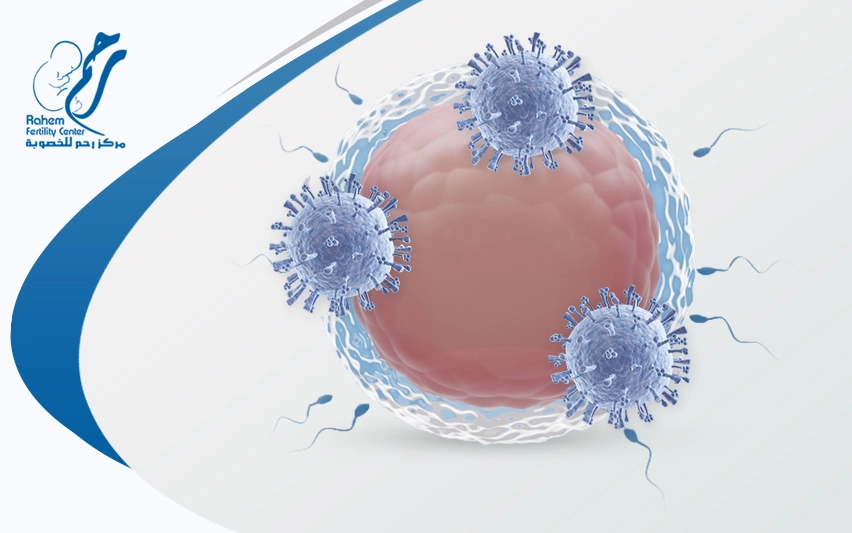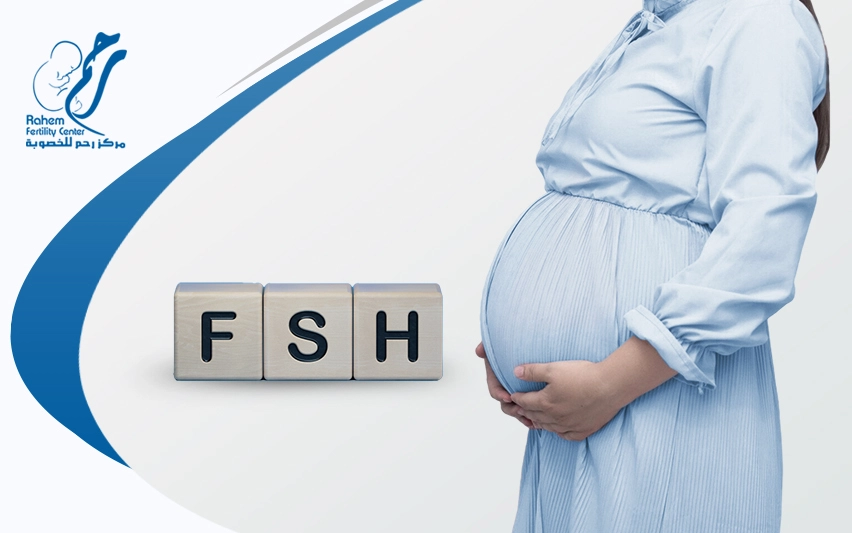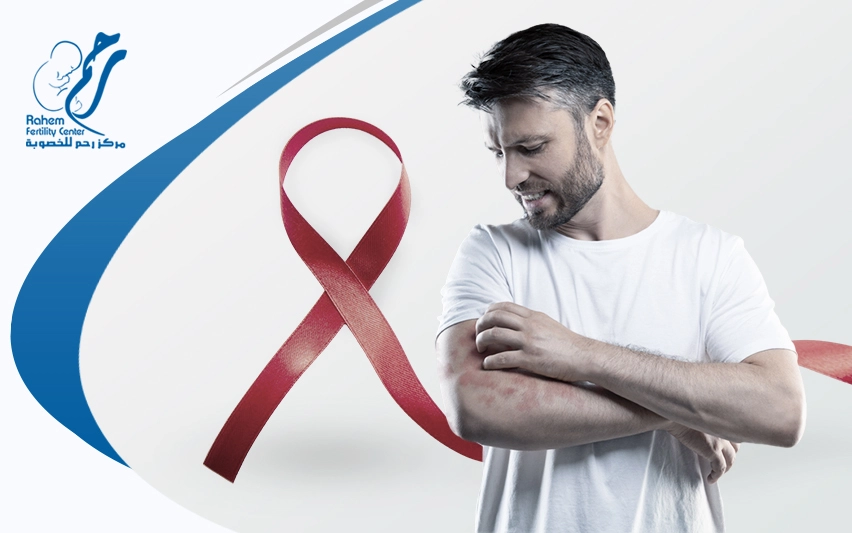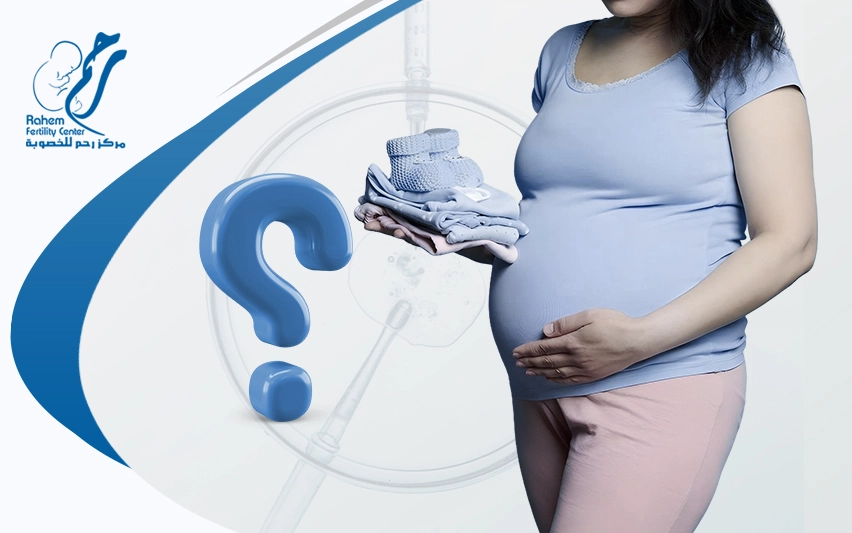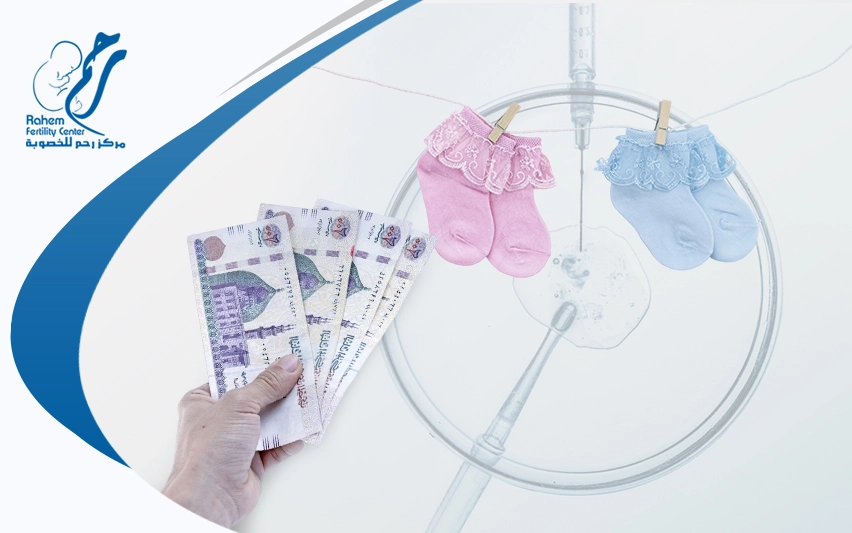Struggling to conceive can feel overwhelming, and many couples search for the most effective solution.
One of the most advanced methods available today is ICSI, but it often raises the question: What is intracytoplasmic sperm injection, and how does it work?
By understanding the treatment clearly, patients can replace anxiety with knowledge and realistic expectations.
What is intracytoplasmic sperm injection?
In simple terms, ICSI is a specialized form of in vitro fertilization (IVF) where a single sperm is injected directly into an egg to achieve fertilization. This technique was developed to help couples facing severe male infertility or when standard IVF has not succeeded.
The phrase what is ICSI intracytoplasmic sperm injection is often used in medical resources, highlighting that it is one of the most precise laboratory methods available. Sometimes patients search for what is intracytoplasmic sperm injection icsi to confirm they are learning about the same treatment.
At its core, this is a lab-based fertilization technique designed to overcome barriers that sperm may face in reaching or penetrating the egg.
How it works, step by step
To understand the process, patients often ask, What is intracytoplasmic sperm injection in practice. Here is a simplified timeline:
- Ovarian stimulation: The woman receives hormone injections for about 10–12 days to encourage multiple eggs to mature.
- Egg retrieval: Under light sedation, eggs are collected from the ovaries using a fine needle.
- Sperm preparation and injection: A single sperm is chosen and injected into each egg under a high-powered microscope.
- Embryo development: Fertilized eggs grow in the lab for several days until they reach a stage suitable for transfer.
- Embryo transfer: One or more embryos are placed into the uterus.
This careful sequence is what makes ICSI one of the most successful methods for couples with male-factor infertility or unexplained fertilization problems.
How is ICSI different from IVF?
| Aspect | IVF (In Vitro Fertilization) | ICSI (Intracytoplasmic Sperm Injection) |
| Fertilization | Many sperm are placed with each egg, and fertilization occurs naturally. | One sperm is injected directly into the egg. |
| Best for | Blocked tubes, unexplained infertility, and normal sperm. | Severe male infertility, past IVF failure, surgically retrieved sperm. |
| Lab technique | Natural fertilization in a lab dish. | Micromanipulation under a microscope. |
| Fertilization rate | May fail if sperm cannot penetrate. | Bypasses sperm issues, higher success in male factor cases. |
| Key difference | Relies on sperm reaching the egg. | Direct injection ensures fertilization. |
Couples often ask Which is better, IVF or ICSI. The choice depends on medical history and specialist advice.
How successful is intracytoplasmic sperm injection?
Success with ICSI varies, but several key factors strongly influence the outcome. Overall, it is effective but not a guaranteed solution.
- Age: Women under 35 see live birth rates close to 1 in 3 transfers; chances drop with age.
- Egg and embryo quality: Strong predictors of success beyond the lab technique itself.
- Underlying fertility issues: Uterine health and non-male factors still play a role.
- Comparison to IVF: Outcomes are broadly similar when no male factor exists.
- Cumulative rates: Chances increase over multiple cycles.
To understand broader figures, patients may wish to review resources on IVF success rate.
Who needs ICSI?
Who needs ICSI? It is not for every couple, but it is recommended in specific situations where standard IVF may not work. Understanding what is intracytoplasmic sperm injection involves seeing it as a targeted solution for certain challenges.
- Severe male infertility: very low sperm count, poor motility, or abnormal shapes.
- When sperm must be surgically retrieved.
- Previous IVF cycle with failed fertilization.
- Couples planning genetic testing on embryos.
- Use of frozen eggs or concerns about egg quality.
Can you get pregnant naturally after ICSI?
Can you get pregnant naturally after ICSI? The answer is yes, it is possible. ICSI does not reduce natural fertility potential, but it also does not cure the underlying reasons for infertility.
If a severe male factor remains, natural pregnancy chances may still be low. However, there are many reported cases of couples conceiving naturally after undergoing assisted reproduction.
For many couples, knowing what is intracytoplasmic sperm injection offers both a treatment option and a reminder that natural conception can still occur.
Costs, risks & comfort
Like all medical treatments, ICSI involves practical considerations. For information about fees, see icsi treatment cost.
Patients also ask about safety; to explore this, review icsi risks and benefits, which outline possible side effects and long-term data. Some worry about discomfort resources, such as is ICSI treatment painful? Explain what to expect and how clinics manage comfort.
Moving Forward with Intracytoplasmic Sperm Injection
Understanding what is intracytoplasmic sperm injection means involves looking beyond the laboratory procedure. It is about knowing who can benefit, how it differs from IVF, what the chances of success are, and what life might look like afterward.
With clear guidance, reliable statistics, and expert care, couples can approach ICSI not with fear but with informed confidence. Contact Rahem Center today, and let’s start our journey.




